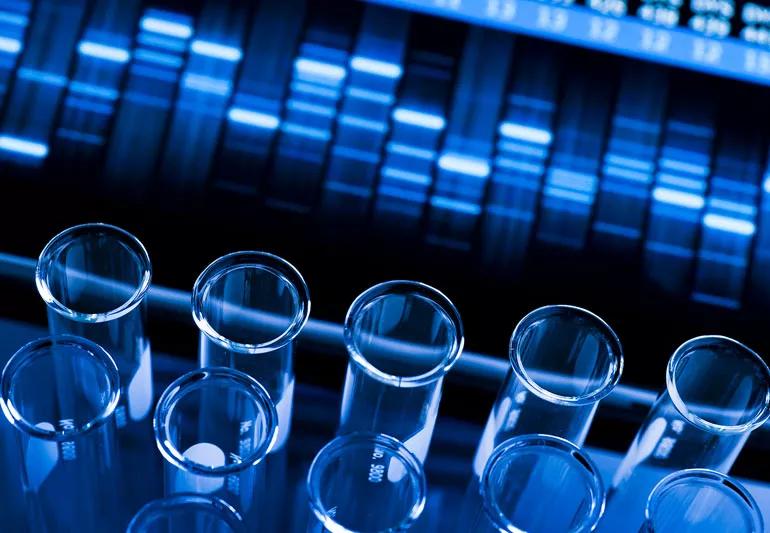The short answer from a genetic counselor

Image content: This image is available to view online.
View image online (https://assets.clevelandclinic.org/transform/9765b3dc-2700-47a3-a0f0-717797f4f93a/geneticTesting-165699832-770x553_jpg)
Test tubes and genetic results in background
Q: If I take a genetic test and learn I’m at high risk for a disease, could I lose my health insurance or have my premium raised?
Advertisement
Cleveland Clinic is a non-profit academic medical center. Advertising on our site helps support our mission. We do not endorse non-Cleveland Clinic products or services. Policy
A: This is a question that a lot of patients have. The Genetic Information Nondiscrimination Act, or GINA, was passed a little over 10 years ago to address this question specifically. It’s a federal law that prevents medical insurers from raising your rates or dropping your coverage based on genetic test results. It also prevents people from employment discrimination based on genetic testing.
The law, however, does not prevent people from discrimination related to life insurance or long-term care or disability insurance. Different states have other laws related to that, but that’s not covered by this specifically.
The other thing is that it’s really just related to genetic test results, especially predictive tests where you don’t have symptoms but you’re trying to figure out your risks. If you’ve already been diagnosed with a condition, then GINA doesn’t cover you anymore. In that case you would fall into some of the other laws related to preexisting conditions.
— Genetic counselor Allison Schreiber
Advertisement

Sign up for our Health Essentials emails for expert guidance on nutrition, fitness, sleep, skin care and more.
Learn more about our editorial process.
Advertisement
The OR6A2 gene could be behind your dislike of this herb — but with time, your brain may be convinced to like it
This evolving technology may one day eliminate conditions like sickle cell anemia and hemophilia
Genetic markers can determine if you’ll develop Huntington’s disease or pass it on to your children
Why both nature and nurture matter
Testing MTHFR is usually unnecessary
Know the pros and cons
High cholesterol can be genetic, but testing and treatment can lower your heart disease risk
Testing can both reveal the likelihood that you’ll pass on complement 3 glomerulopathy and identify possible treatments
Although it could be used as a moisturizer, this new trend is not recommended
Communicating clear limits helps protect your time, energy and emotional well-being
High cholesterol can be genetic, but testing and treatment can lower your heart disease risk